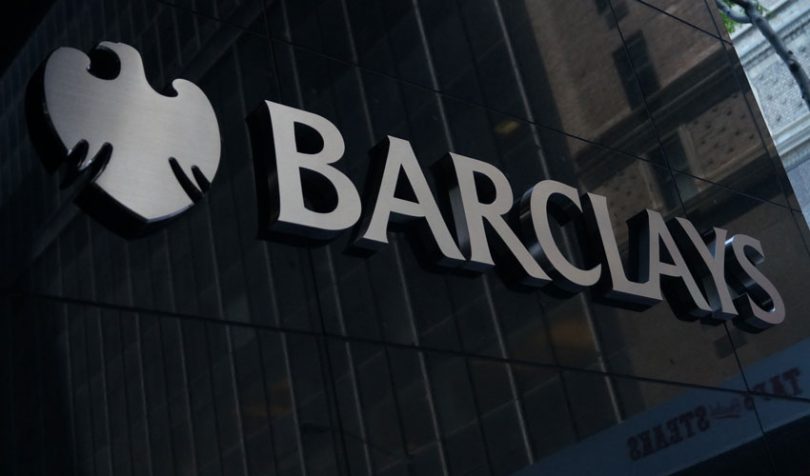Today the Barclays Accelerator, powered by TechStars, announced the latest cohort of ten companies for its 13-week London program, four of which are blockchain related. The startups receive mentoring and opportunities to pitch their solutions. Earlier this month Barclays unveiled the Rise Growth Investment Fund which means participating companies are now eligible to apply for funding, with up to £10 million available per program. The Accelerator has a presence in London, New York and Tel Aviv.
The four blockchain-related companies are BlockAviation, capexmove, Photocert and Spark Change.
Trading carbon credits
Spark Change aims to create a global carbon marketplace. A Spark is a financial instrument that makes investing in carbon easy and allows individuals to offset their carbon footprint.
Carbon credits help to reduce greenhouse gas emissions. SparkChange describes it as governments issuing a finite number of “permits to pollute” or carbon allowances. And polluting industries are required to buy specific quantities of carbon allowances.
Spark wants to bring all these country specific siloed markets together using tokens. The company’s website says “for each Spark held by investors, an allowance is purchased and made unavailable, creating scarcity that forces emitters to reduce pollution.” One question is whether carbon credits in different countries are comparable.
What can be confusing is the difference between carbon credits and renewable energy certificate (REC) programs. Each REC program usually has a marketplace where producers of green energy earn and sell RECs. RECs offset kilowatt hours of non-renewable energy whereas carbon credits offset greenhouse gas emissions.
There are numerous blockchain projects in the REC space focused on renewable energy sources. Examples include Singapore SP Group, Nevada, a Japanese consortium, Power Ledger and various companies using Energy Web Foundation solutions including Spain’s Iberdrola and Acciona.
Digital debt instruments
Capexmove aims to create digital debt instruments through tokenization. The company plans to address the laborious and costly process involved in issuing new debt instruments. The sector is notorious for emailing volumes of paperwork which makes it tricky to track. Plus there tend to be several intermediaries involved which Capexmove wants to remove.
The startup is in good company as numerous banks are targeting the sector. The most active is Spanish bank BBVA which has tested issuing various types of debt instruments and found the automation to improve efficiency significantly. JP Morgan is another bank active in this area. Plus New York startup Symbiont has eyes on the syndicated loan sector. And last year Finastra launched its syndicated lending solution, Lendercomm.
Self-service insurance claims reporting
Photocert only has a minor blockchain linkage. It aims to improve the efficiency of claims for car accidents by allowing the customer to report accidents themselves with photos and a speedier First Notice of Loss. The company website says it uses “Trusted Timestamping Servers and Etherum Blockchain to legally certify the authenticity of pictures taken with an app that integrates its solutions”.
While Photocert is only tangentially blockchain-related it’s work could be of interest to the RiskBlock Alliance which is working on a First Notice of Loss blockchain application.
Managing aircraft assets
BlockAviation is creating a blockchain for managing aircraft assets which means a focus on aircraft leasing. The Dublin-based startup says that nine out of ten aircraft leasing companies operate out of Ireland. The business is also part of the Propeller Shannon accelerator which is sponsored by Boeing and others.
The startup outlined a couple of areas that it plans to address. At the end of an aircraft lease, there is a long drawn out process for assessing the state of the aircraft and agreeing on any work that needs doing. So one of BlockAviation’s first solutions will be to share information about the return process on a private blockchain.
The second area relates to maintenance. A lessee or airline pays money into a maintenance reserve account based on flight hours. When maintenance is performed, the lessee reclaims money to cover the cost up to a maximum of the reserve. Given this involves large sums of money, the startup wants to log all transactions on the ledger. This allows the identities to be verified and makes it hard to tamper with.






